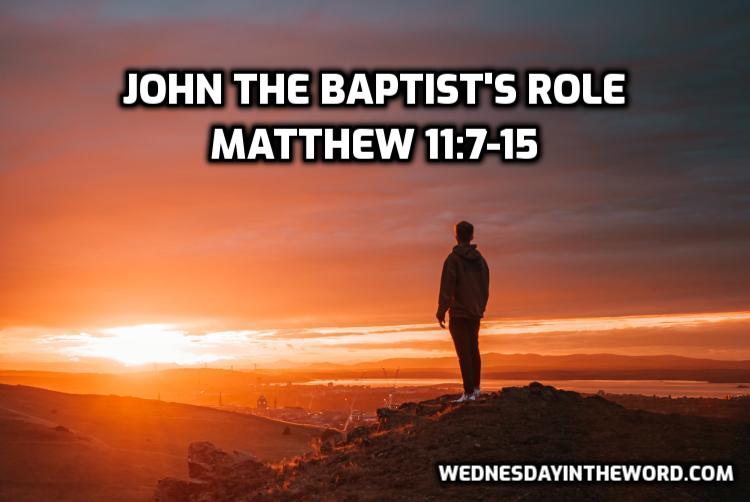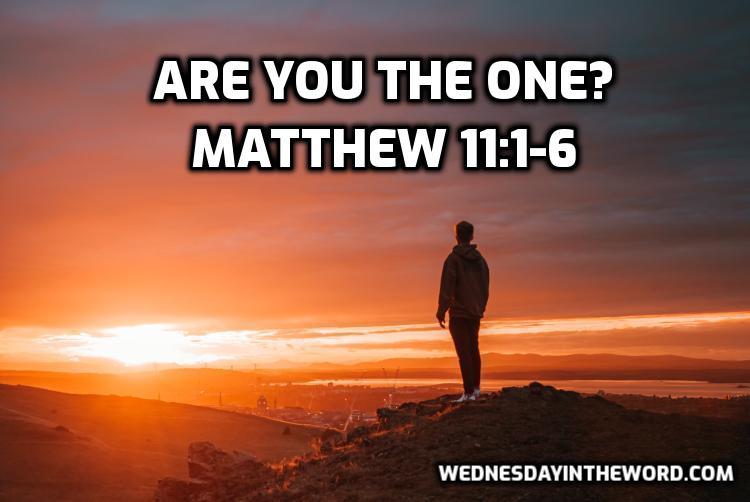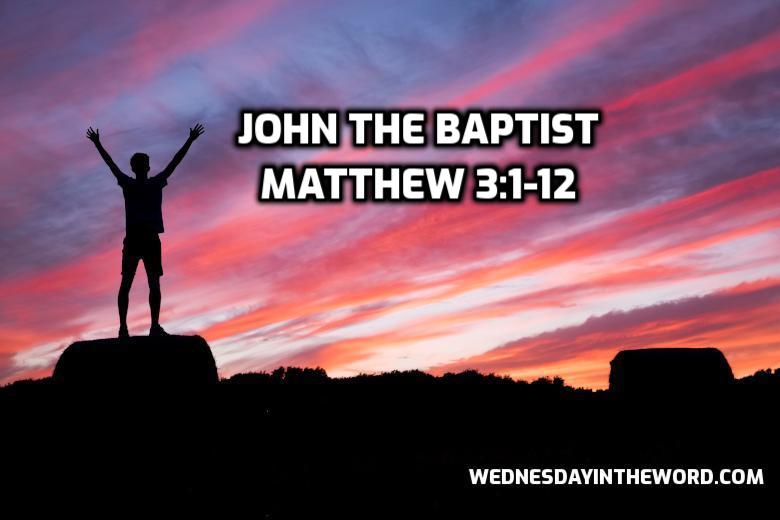
Nov 2, 2022 | 01 Podcasts, Matthew
Jesus was so different from the Messiah people expected, even John the Baptist had moments where he wondered if Jesus was the Messiah. If he’s really a prophet, how could John become confused? In this passage, Jesus answers that question.

Oct 26, 2022 | 01 Podcasts, Matthew
Matthew shifts his focus to the how people respond to Jesus. Most reject him. Even John the Baptist becomes confused, because Jesus is not acting like the Messiah he expected.

Mar 24, 2021 | 01 Podcasts, Matthew
John the Baptist was the herald who announced the coming of the King. His message had two parts: repent for the kingdom of God is at hand. The king is coming. It is time to turn back to God and follow his Messiah.



 Krisan Marotta is a Bible teacher and host of Wednesday in the Word, the podcast about what the Bible means and how we know.
Krisan Marotta is a Bible teacher and host of Wednesday in the Word, the podcast about what the Bible means and how we know.